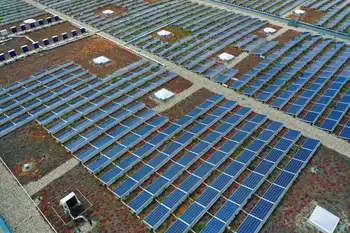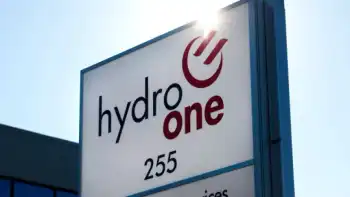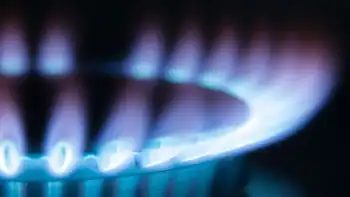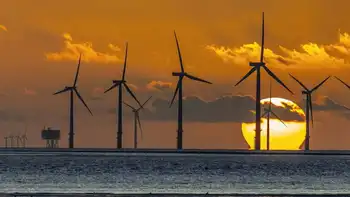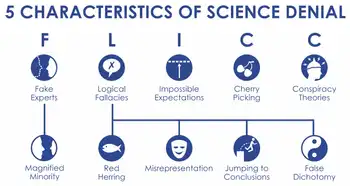Green lining to recessionÂ’s dark clouds
By Toronto Star
CSA Z463 Electrical Maintenance -
Our customized live online or in‑person group training can be delivered to your staff at your location.

- Live Online
- 6 hours Instructor-led
- Group Training Available
For months now, the dark clouds of the financial crisis have blocked the rays of prosperity we were once accustomed to. Now, we're starting to wonder if the storm will ever let up.
But through the haze of red ink, ferocious bears and tumbling markets is the proverbial light at the end of the tunnel. And that light is green.
Actually, it's about $200 billion worth of green. It's spending that includes 100 million Pounds in the United Kingdom for home insulation and heating systems and $6.7 billion (US) for improving efficiency in U.S. federal buildings. All money being thrown at industry by governments worldwide.
When we finally emerge from the doom and gloom, those companies that capitalize on green innovation are those who will find the proverbial green in their wallets.
"Companies need to try to position themselves," says Bob Willard, author of the The Sustainability Advantage. "We're looking at a new economy. We're looking at a low-carbon, green energy economy."
This can be hard to picture for the average person cutting back on household budgets — there, green is usually the first to go. A recent survey by Mintel found that the majority of consumers said organic food and environmentally-friendly cleaners were too expensive.
But while consumers cut back, governments spend.
Around the world, administrations are propping up their economies with incredibly green stimulus plans. Since July 2008, the U.S., the European Union and Asia have enacted 250 new environmental policies and committed more than $200 billion (US) combined. In Canada, January's budget committed $1 billion to a green infrastructure fund.
"That's a lot of money," says Willard. "Green has been able to piggy-back on the financial crisis and the smart folks are investing a significant amount of money."
Now, it's up to business to seize the opportunity.
Any good CEO wants to be on the receiving end of green stimulus. That means business should be looking to develop green technology, energy and infrastructure.
"It's just smart business. There's a lot of money being thrown at this," says Willard. "It's actually turning out to be strangely good for the good guys."
In the United States, the stimulus package includes $8.4 billion (following figures are in U.S. dollars) for transit, $6 billion for clean and safe water, $6 billion in loan guarantees for renewables and $2 billion for advanced batteries.
It even includes $5 billion for household weatherization. This means a boost for companies providing this - the U.S. Department of Energy has a goal to retrofit 10 million homes in the next 20 years.
But, this doesn't just go for smart businesses — it goes for smart individuals. In order to weatherize those 10 million homes, the Department of Energy estimates they will need 1.25 million workers.
The job potential is comparable to that of Silicon Valley. Today, a specialized green degree will put new graduates in demand. Green stimulus is already addressing this — the U.S. Department of Commerce recently gave Hocking College a $1.6 million grant to build a learning facility for their sustainable energy programs.
It's an interesting turn - green used to be focused on saving. Companies like Xerox already capitalized on this by switching to energy-saving bulbs and recycled paper. In doing so they saved 1.5 billions tons of waste and $2 billion dollars.
But saving isn't enough anymore.
"The smarter companies will capitalize while the slower ones may not make it," says Willard. "That's life in the jungle of the corporations."
That's where the green light at the end of the tunnel becomes clear.
Making this happen will be no easy feat - but it's something your business will thank you for. Otherwise, you could get left in the dark.





